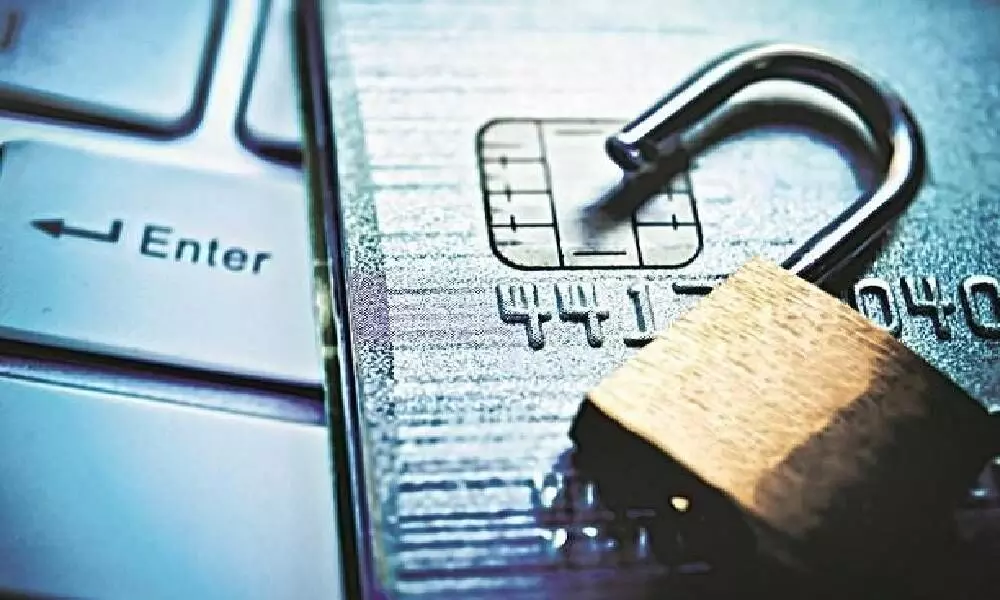How crypto abets ransomware attacks
Last month’s spectacular security breach at the Colonial Pipeline Co has focused attention on a major issue with cryptocurrencies such as bitcoin
image for illustrative purpose

Last month's spectacular security breach at the Colonial Pipeline Co has focused attention on a major issue with cryptocurrencies such as Bitcoin. Their primary use as a medium of exchange, as opposed to their role as a store of value, is for payments related to crime - in this case, more than $4 million in ransom to the hackers who shut down a significant part of America's fuel supply. This is one area where a laissez-faire attitude toward technological innovation cannot apply.
Dealing with money is one of the most risky and inconvenient aspects of being a criminal. Physical cash can be difficult to store, transfer or spend without attracting unwanted attention. Bank accounts are subject to anti-money-laundering requirements, designed to reveal the true sources and beneficiaries of funds.
So it's easy to see why crypto appeals to outlaws. Large quantities can be moved and held in electronic form. Anonymous addresses can obscure true identities. A dispersed global network of computers processes transactions, with no central authority to sound alarms. By one estimate, ransomware schemes like the Colonial hack reaped the equivalent of almost $370 million in cryptocurrencies in 2020, up more than threefold from the previous year.
To be sure, the vast majority of transactions in Bitcoin and other leading cryptocurrencies are related to speculation, not crime. Note, though, that speculation can also lead to crime, if it involves tax evasion - another issue now receiving urgent attention from the US Internal Revenue Service.
As a means of payment, cryptocurrencies' main advantage so far appears to be in hiding ill-gotten gains. For most honest purposes, their volatility, inefficiency and dreadful carbon footprint make them undesirable. Government-issued digital currencies, now being developed by central banks around the world, have much greater potential to improve on physical cash and bank deposits - and could also provide benefits such as a more stable and equitable financial system.
It's encouraging to see that officials are subjecting crypto to greater scrutiny. They're getting better at unmasking the people behind Bitcoin transactions, and taking a hard look at suspected enablers of criminal activity such as Bitcoin Fog and Binance. And they're rightly developing ways to apply anti-money-laundering rules to cryptocurrencies more broadly, including to such "anonymity-enhanced" versions as Zcash and Monero. The overarching goal should be to ensure that virtual currencies and digital assets are no more useful for illicit payments than their traditional counterparts.
Subjecting startups experimenting with blockchain - the technology underlying Bitcoin - to the full weight of regulation would be wrong. The technology may yet have new and valuable uses. Officials should create or maintain regulatory sandboxes where ideas can be tested. But if and when these applications are ready for wider adoption, they should be taxed and regulated as carefully as the services they're aiming to displace. If cryptocurrencies turn out to be good for something other than crime, they'll still succeed. (Bloomberg)

